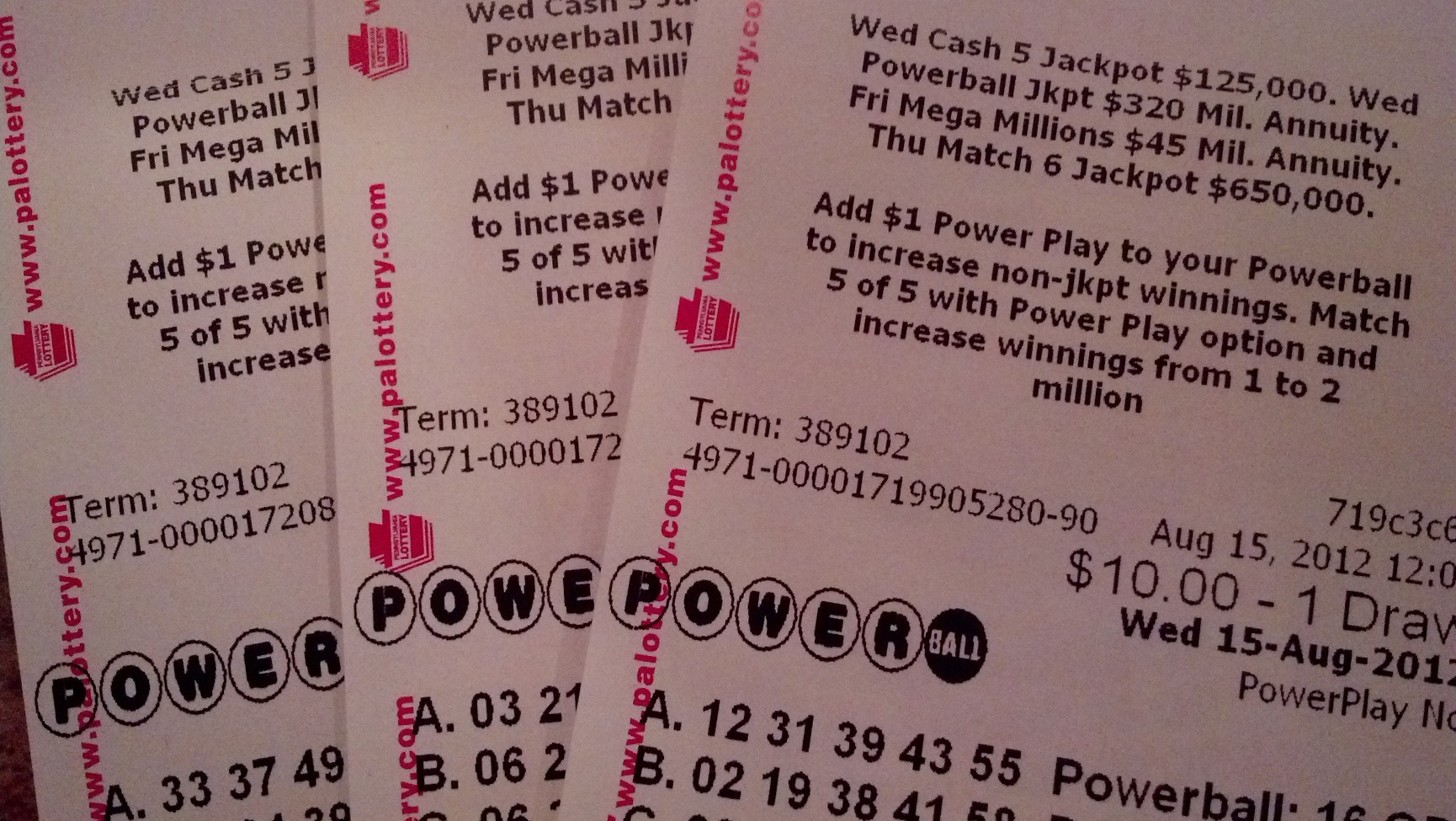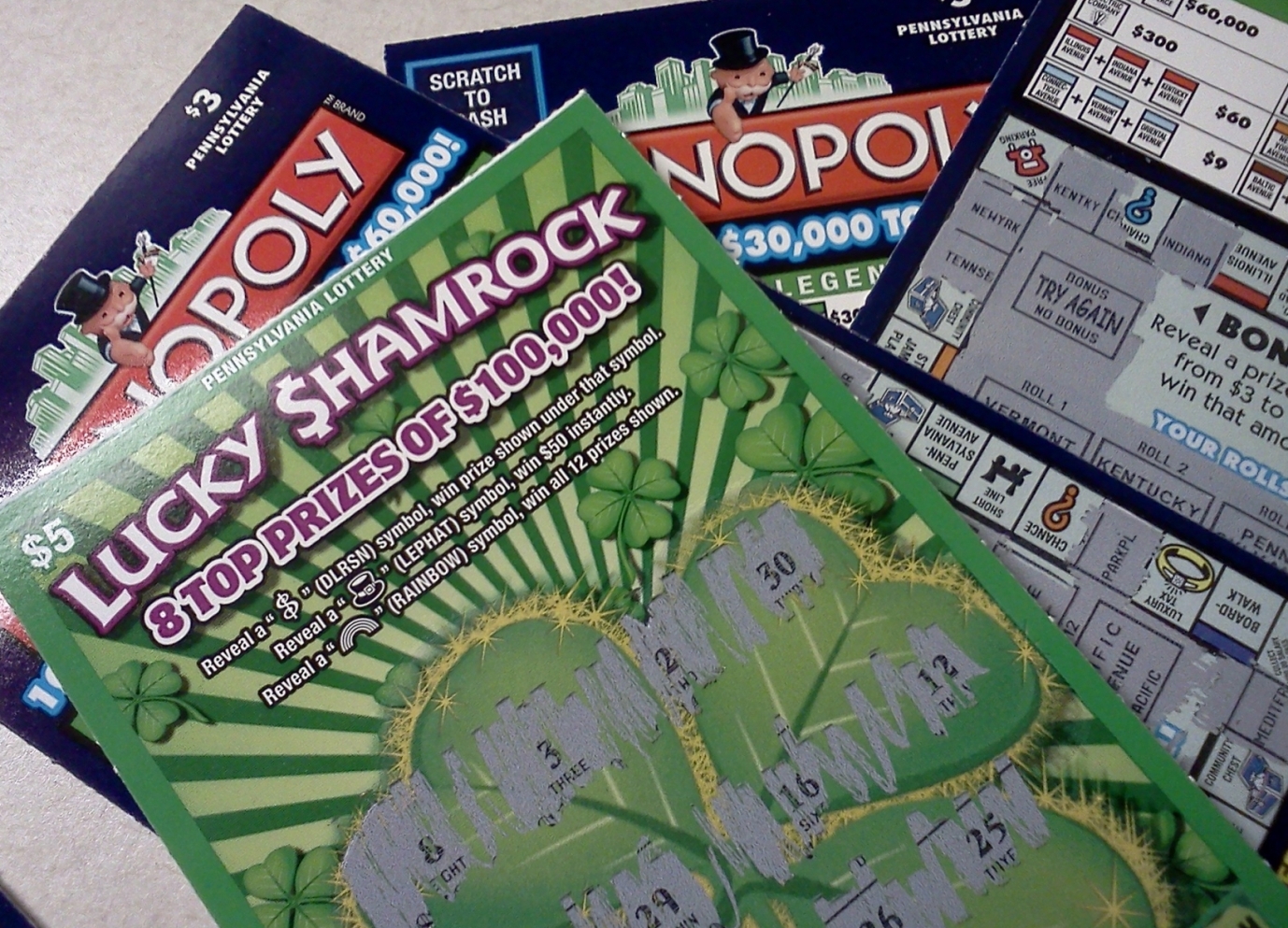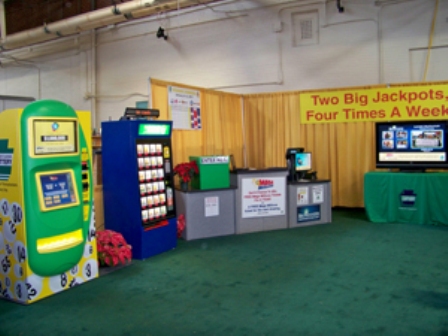The Corbett administration is investigating whether privatizing lottery management will improve its ability to support programs for older Pennsylvanians. The state’s senior citizen population is projected to grow by 20% over the next decade, and Revenue Secretary Dan Meuser says they want lottery revenues to do the same.
“Keep in mind, the state of Pennsylvania maintains all full control of this lottery,” Meuser tells Radio PA. “We are not talking about at all selling the lottery. We are bringing on a private consultant to help us meet the growth demands of the lottery.”

Revenue Secretary Dan Meuser
There’s no rush. Requests for Qualifications went out in the spring, and Meuser says they are now in their “due diligence” phase of exploration. “We’re not there yet,” Meuser explains. “We’re not sure if a firm out there believes they can in fact do that, or if that firm can be acceptable to us.”
Private firms have expressed interest. Meuser, however, cannot say which ones or even how many. He tells us that could affect the competitiveness of the procurement process. If they decide to proceed, invitations for bid could go out in the fall.
The trail for such private management agreements has already been blazed by the state of Illinois. The Prairie State has just wrapped up its first fiscal year under private lottery management, and Illinois Lottery Superintendent Michael Jones believes it can work. “I absolutely believe that the amount of money they promised the state is realizable,” Jones explains. “With good marketing and good games and good prizes this will be a big success.”
Northstar Lottery Group promised Illinois $851-million dollars in profits during year one, and $951-million dollars in profits in year two. Under the contract, Jones says, Northstar will receive significant bonuses if they hit those targets, and will have to pay the state penalties if they fall short. Preliminary revenue numbers for Illinois’ first fiscal year under private lottery management are expected to be released in the near future.
Supporters call it a great way to generate new revenue without raising taxes. “[Illinois] wouldn’t have done it if they weren’t going to get a billion dollars in extra revenue over the next five years,” says Reason Foundation director of government reform Leonard Gilroy. “It wouldn’t have happened.” Like Pennsylvania, Gilroy says states like Indiana and New Jersey are also seriously considering privatizing their lottery management.
Some members of the state House Democratic caucus are already speaking out against the issue in Pennsylvania, however. “Why would we pay a company millions of dollars to do the same thing we could do ourselves – especially when those millions of dollars are badly needed for programs that help older Pennsylvanians?” asks Minority Leader Frank Dermody (D-Allegheny).
Secretary Meuser says the private entities’ proposals will help them make that call. It’s something he says they’re taking very seriously. “The lottery funds will continue and only to go to benefit older Pennsylvanians and we are working now to secure that is the case, without question, today and ten years from now.”









